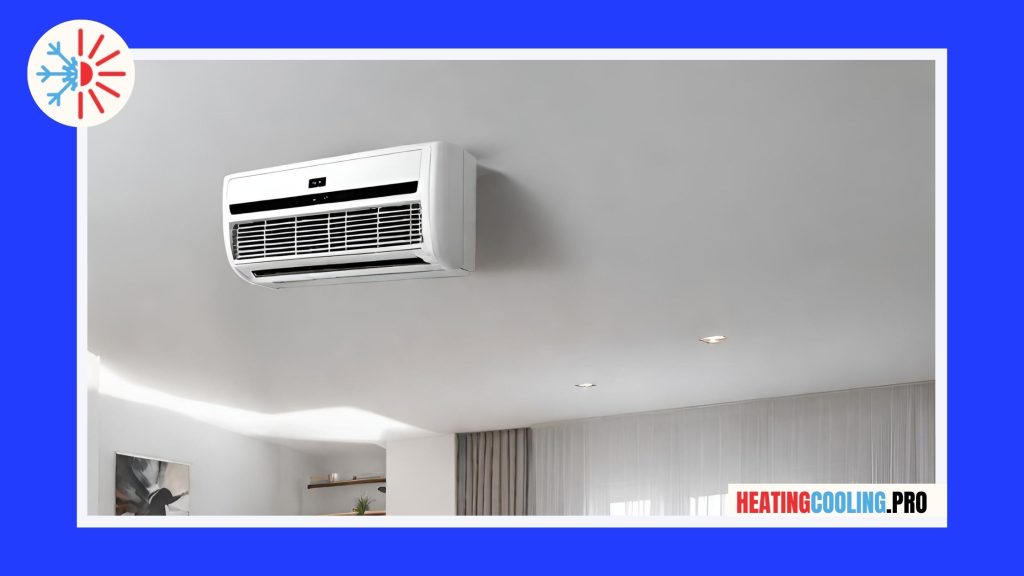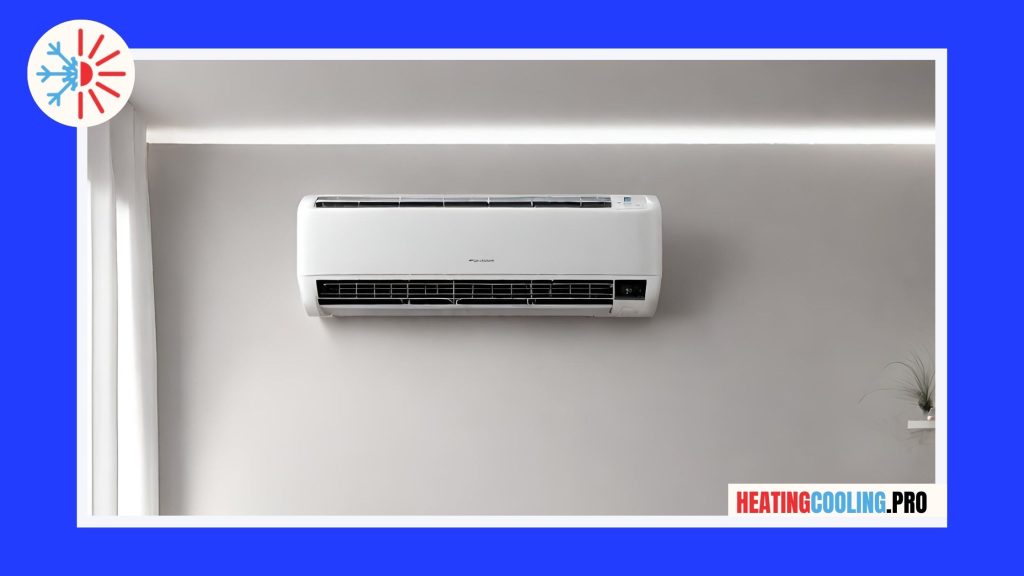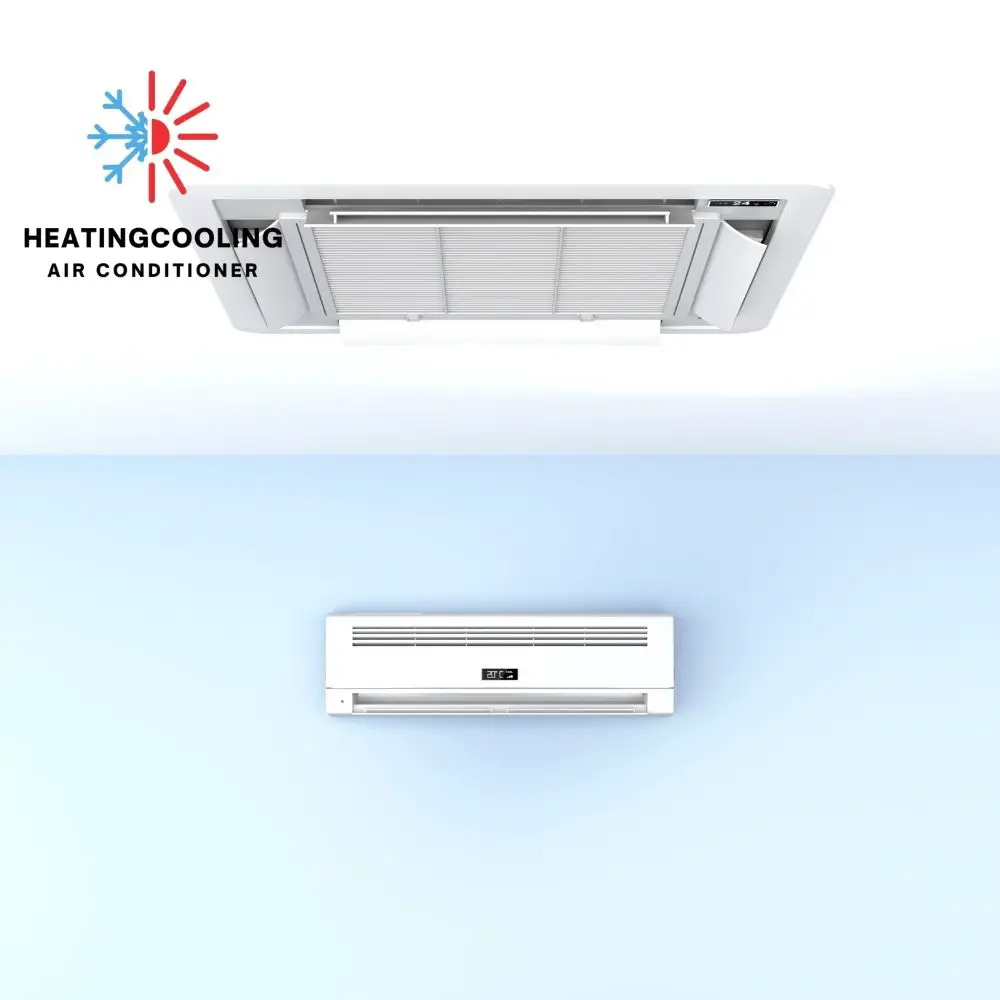Installing an air conditioner can be a daunting task, especially for those who are not experienced in HVAC systems. Many people often wonder whether they can take on this project themselves or if they should hire a professional. In this article, we will explore the various factors you need to consider before deciding whether to install an air conditioner yourself or seek the help of a professional.
Can You Install Air Conditioning Yourself?

The short answer is yes, you can install air conditioning yourself, but it is not always a simple process. The most important thing to remember is to read the installation instructions carefully and to follow them exactly. If you are not comfortable with installing the air conditioning unit yourself, you can always call a professional to do it for you. The first step in installing air conditioning is to choose the right unit for your needs. You need to take into account the size of the room, the climate, and the type of insulation in your home. Once you have chosen the right unit, you need to make sure you have the proper tools and equipment to install it.
The next step is to determine where to install the unit. You need to make sure there is enough room for the unit to sit and that there is an outlet nearby to plug it in to. You also need to make sure the unit is installed in a place where it will get enough air flow. Once you have determined where to install the unit, the next step is to actually install it. The installation process is very simple and only requires a few tools.
- The first step is to remove the cover of the unit. There are four screws on the cover that need to be removed. Once the screws are removed, the cover can be removed.
- The next step is to remove the filter. The filter is located in the front of the unit. There is a tab on the filter that needs to be released in order to remove the filter.
- The next step is to remove the water tank. The water tank is located in the back of the unit. There are two clips on the water tank that need to be released in order to remove the tank.
- The next step is to remove the screws that hold the unit to the base. There are two screws on each side of the unit that need to be removed.
- The next step is to remove the base of the unit. There are four screws on each side of the base.
The screws are located in the corners of the base. Once the screws are removed, the base can be removed. The final step is to remove the top of the unit. There are four screws that hold the top of the unit in place. The screws are located in the corners of the top. Once the screws are removed, the top can be removed. Installing an air conditioner is a big job. It’s not something that most people can do on their own. If you’re not comfortable with DIY projects, it’s best to leave the installation to a professional.
An air conditioner installation includes several steps. First, the old air conditioner must be removed. This can be a difficult task, especially if the unit is heavy. Next, the new air conditioner must be installed. This includes setting it in place, connecting the ductwork, and ensuring that it’s properly secured. Finally, the electrical wiring must be completed. This is a complex process, and it’s best to leave it to a professional. If you’re thinking about installing an air conditioner, it’s best to call a professional. They can ensure that the job is done correctly and that the unit is properly installed.
Do You Need Permission To Install Ac?
In most cases, the answer is no. You do not need permission to install air conditioning in your home or office. However, there are a few exceptions.

If your home is in a historic district, you may need to get permission from the local historic commission before you install air conditioning. Similarly, if your home is in a conservation district, you may need to get permission from the local conservation commission. If you are installing air conditioning in a commercial or industrial building, you may need to get a permit from the local building department. If you have any questions about whether you need permission to install air conditioning, please contact your local zoning or building department.
Can Anyone Install Aircon?
Installing an air conditioner is a task that many people think they can do themselves, but it is a job that should be left to a professional. An improperly installed air conditioner can not only be ineffective but can also be dangerous. The first step in installing an air conditioner is to find the right spot for it. The air conditioner should be placed in an area where it will get plenty of air flow and where it will not be in the way. Once the spot is chosen, the air conditioner must be installed according to the manufacturer’s instructions.
Many people try to save money by installing the air conditioner themselves, but this can often lead to problems. An improperly installed air conditioner can leak, which can damage the unit and the building it is installed in. It can also cause the air conditioner to work less efficiently, costing you more money in the long run.
What Qualifications Do You Need To Fit Air Conditioning?
In order to fit an air conditioning unit you will need some basic qualifications in plumbing and electrics. It is also advisable to have some experience in fitting these types of units. You will need to be able to read wiring diagrams and understand how the unit works in order to install it correctly.

You may also need to be Gas Safe registered in order to fit a gas-powered air conditioning unit. If you are not registered, you will need to hire a registered engineer to fit the unit for you. Air conditioning units can be quite heavy and awkward to move, so you will need to be physically fit and have good manual handling skills.
Skill and Experience
One of the most important factors to consider is your skill and experience with HVAC systems. If you have previous experience in installing air conditioners or have a background in electrical work, you may feel confident enough to take on the installation yourself. However, if you have little to no experience, it is advisable to hire a professional. HVAC systems are complex, and a single mistake during installation can lead to serious consequences like electrical hazards, system malfunctions, or even damage to your property.
Safety Concerns
Safety should always be a top priority when working with electrical systems. Air conditioners require electrical connections, and if not installed correctly, they can pose a significant risk of electrical shock or fire. Professionals are trained to handle these situations safely and have the necessary tools and equipment to ensure a secure installation. They also have the knowledge to comply with local building codes and regulations, ensuring that your air conditioner installation meets the required safety standards.
Warranty Coverage

Another crucial aspect to consider is the warranty coverage of the air conditioner unit. Most manufacturers require professional installation to maintain warranty validity. If you decide to install the air conditioner yourself and encounter any issues, the manufacturer may not honor the warranty, leaving you responsible for repair or replacement costs. Hiring a professional ensures that your warranty remains intact, giving you peace of mind and potential cost savings in the long run.
Proper Sizing and Load Calculation
Choosing the right size of air conditioner for your space is essential for efficient cooling. Improper sizing can lead to inefficient cooling, increased energy consumption, and decreased lifespan of the unit. A professional HVAC technician can perform a load calculation, taking into account factors such as room size, insulation, orientation, and local climate, to determine the appropriate size of the air conditioner for your specific needs. They will also consider the existing ductwork and ensure proper airflow throughout your home or office.
Complex Installation Process
Air conditioner installation involves various steps, including electrical wiring, refrigerant line connections, condensate drain installation, and mounting the unit. Each of these steps requires specific knowledge and expertise. Professionals are well-versed in these installation procedures and can ensure that everything is done correctly. They have the necessary tools and equipment to complete the job efficiently, saving you time and potential headaches. Local Building Permits In many jurisdictions, installing or modifying an HVAC system requires obtaining the appropriate building permits. Professionals are familiar with local regulations and can help you navigate the permit application process. Hiring a professional ensures that your air conditioner installation is compliant with local codes, preventing potential legal issues in the future.
Conclusion
In conclusion, while it may be tempting to install an air conditioner yourself to save money, it is crucial to consider your skill level, experience, safety concerns, warranty coverage, proper sizing, complex installation process, and local building permits. Hiring a professional HVAC technician ensures a safe and efficient installation, guarantees warranty coverage, and provides you with peace of mind. Remember, it is always better to be safe than sorry when it comes to such significant investments in your comfort and well-being.






